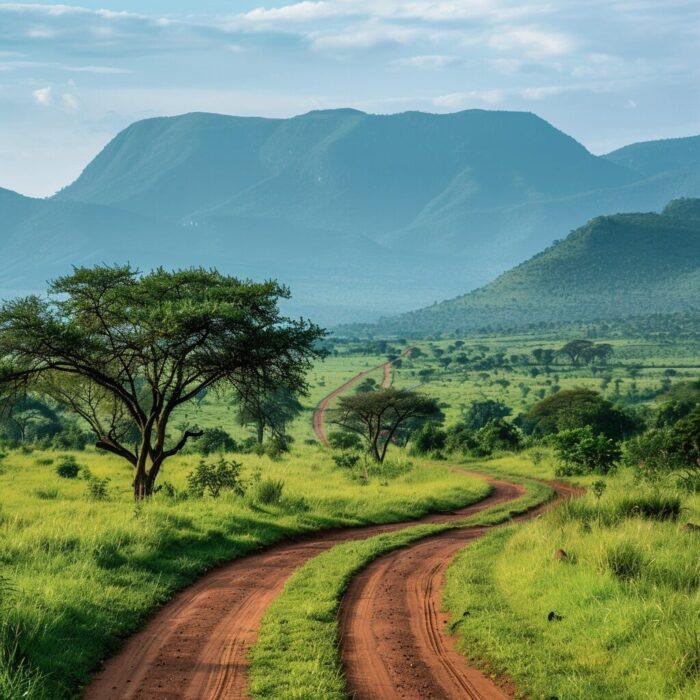Burundi, located in East Africa, has a tropical climate tempered by its altitude. Its seasons differ from classic European patterns, offering travelers a variety of conditions to take into account to make the most of your stay. This guide explores the characteristics of each season, the activities to prioritize, and the potentially ideal periods for your visit.
Understanding Burundi's climate
- Two dry seasons:
- June to August: the long dry season
- December to February: the short dry season
- Two rainy seasons:
- March to May: the main rainy season
- September to November: the short rainy season
- Moderate temperatures : Altitude attenuates the heat, but there are variations from region to region.
- Humidity : Higher during rainy seasons
The Great Dry Season (June-August)
- Weather: Sunny, warm, low humidity. Nights can be cool at higher altitudes.
- Advantages : Clear skies, perfect for hiking, safaris and water sports on Lake Tanganyika.
- Disadvantage : Dusty tracks, sometimes dry vegetation.
- Events: Burundi's independence is celebrated on July 1
La Petite Saison Sèche (December-February)
- Weather: Similar to the long dry season, but generally a little cooler.
- Advantages : Ideal conditions for many outdoor activities, green landscapes after the rains.
- Disadvantage : More popular period, risk of higher rates, reservations recommended.
- Events: End-of-year festivities, offering a glimpse of Burundian traditions.
The Great Rainy Season (March-May)
- Weather: Frequent and sometimes heavy rain, especially in the afternoon. Temperatures still mild.
- Advantages : Lush landscapes, impressive waterfalls, potentially lower rates.
- Disadvantages : Muddy roads make travel difficult, outdoor activities limited.
- Recommendations: For city dwellers, cultural visits and covered markets are available.
The Little Rainy Season (September-November)
- Weather: Some rain, but often of shorter duration than in March-May. Variable sunshine.
- Advantages : An in-between period, good for some activities, less frequented.
- Disadvantages : Unpredictable weather, requiring a flexible plan.
When to go to Burundi?
The dry seasons are the most popular, especially June-August, for their optimal climate. If you're looking for a more tranquil and potentially more economical experience, the periods in between (short dry or rainy seasons) also offer attractions, provided you adapt your plans.


There are no reviews yet. Be the first one to write one.